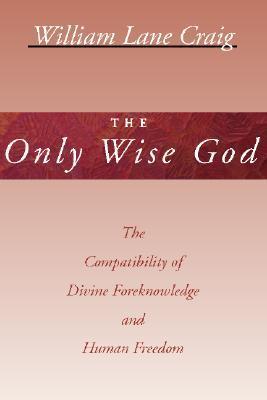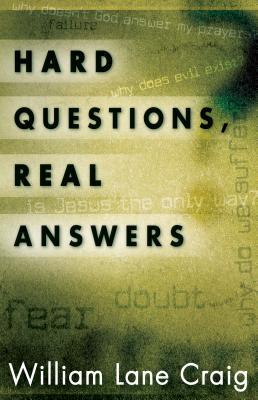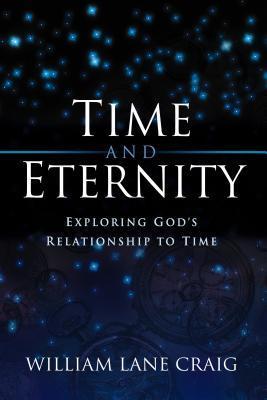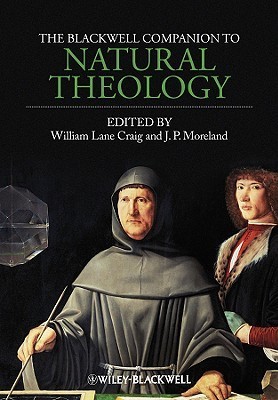
The Only Wise God: The Compatibility of Divine Foreknowledge & Human Freedom
Book Description
What if the fate of every human choice was woven into the very fabric of the universe? In "The Only Wise God," William Lane Craig boldly tackles one of humanity's most profound dilemmas: the clash between divine foreknowledge and human freedom. This electrifying exploration navigates the turbulent waters of philosophy and theology, revealing how a Sovereign God can coexist with true human agency. With each chapter, readers are drawn deeper into the mystery of accountability, purpose, and divine sovereignty. Can a God who knows the future still allow for genuine freedom? Discover the answer that could reshape your understanding of existence.
Quick Book Summary
In "The Only Wise God," philosopher and theologian William Lane Craig addresses the longstanding debate over whether God’s perfect foreknowledge is compatible with genuine human freedom. Using rigorous philosophical analysis and a thorough examination of Christian doctrine, Craig systematically dismantles misconceptions around divine omniscience and determinism. He explores the logical and theological implications of God knowing all future events while maintaining that human beings retain moral responsibility for their choices. Ultimately, Craig proposes a nuanced understanding grounded in concepts like logically contingent truths and middle knowledge. The book stands as a compelling apologetic for both divine sovereignty and authentic human agency, offering clarity and depth to one of theology’s most challenging questions.
Summary of Key Ideas
Table of Contents
The Nature of Divine Foreknowledge
William Lane Craig introduces the central dilemma: if God knows the future exhaustively, does this knowledge negate authentic human freedom? He traces the historical development of the debate, showing how figures from Augustine to modern philosophers have grappled with the tension between divine omniscience and human autonomy. The central concern is whether humans can truly be free if their choices are known in advance by an infallible deity. Craig argues that misunderstanding the nature of time, knowledge, and causality has led to confusion in this area.
Human Freedom and Moral Responsibility
Craig then turns to examining the nature of freedom itself. He draws a distinction between determinism and libertarian free will, insisting that for responsibility and moral accountability to hold, human choices must not be predetermined. Yet, he acknowledges the importance of divine sovereignty and how it underlies traditional Christian views. Through thought experiments and scriptural analysis, Craig highlights scenarios where people appear to choose freely, supporting the idea that freedom and foreknowledge must be reconciled if human significance is to be preserved.
Logical and Theological Tensions
A significant portion of the book addresses the logical and theological challenges posed by reconciling divine foreknowledge with free will. Craig explores objections claiming that if God knows I will perform a certain act, then I must do it, thus nullifying freedom. He dissects these arguments, arguing that knowledge does not equate to causation; God's foreknowledge of future choices does not force those choices to occur. Instead, God’s knowledge takes the form of knowing what free creatures will do, not causing them to act.
Middle Knowledge as a Solution
To resolve these tensions, Craig presents the concept of "middle knowledge"—a philosophical position first articulated by Luis de Molina. According to this view, God knows not just everything that will happen, but also what any possible free creature would do in any given circumstance. This allows for a harmonious relationship where God’s providence and foreknowledge encompass human freedom without undermining it. Craig rigorously defends this solution from criticisms and demonstrates its coherence within Christian theology.
Implications for Christian Faith
Finally, Craig discusses the implications of this understanding for Christian faith and practice. He explains how affirming both God’s perfect knowledge and authentic human agency provides a robust framework for understanding prayer, prophecy, and personal responsibility. This synthesis upholds the Biblical witness to both divine sovereignty and human accountability, offering comfort and meaning to believers. In sum, "The Only Wise God" equips readers with the philosophical and theological tools to affirm that God’s knowledge and our freedom can co-exist, enriching the experience and responsibility of faith.
Download This Summary
Get a free PDF of this summary instantly — no email required.





